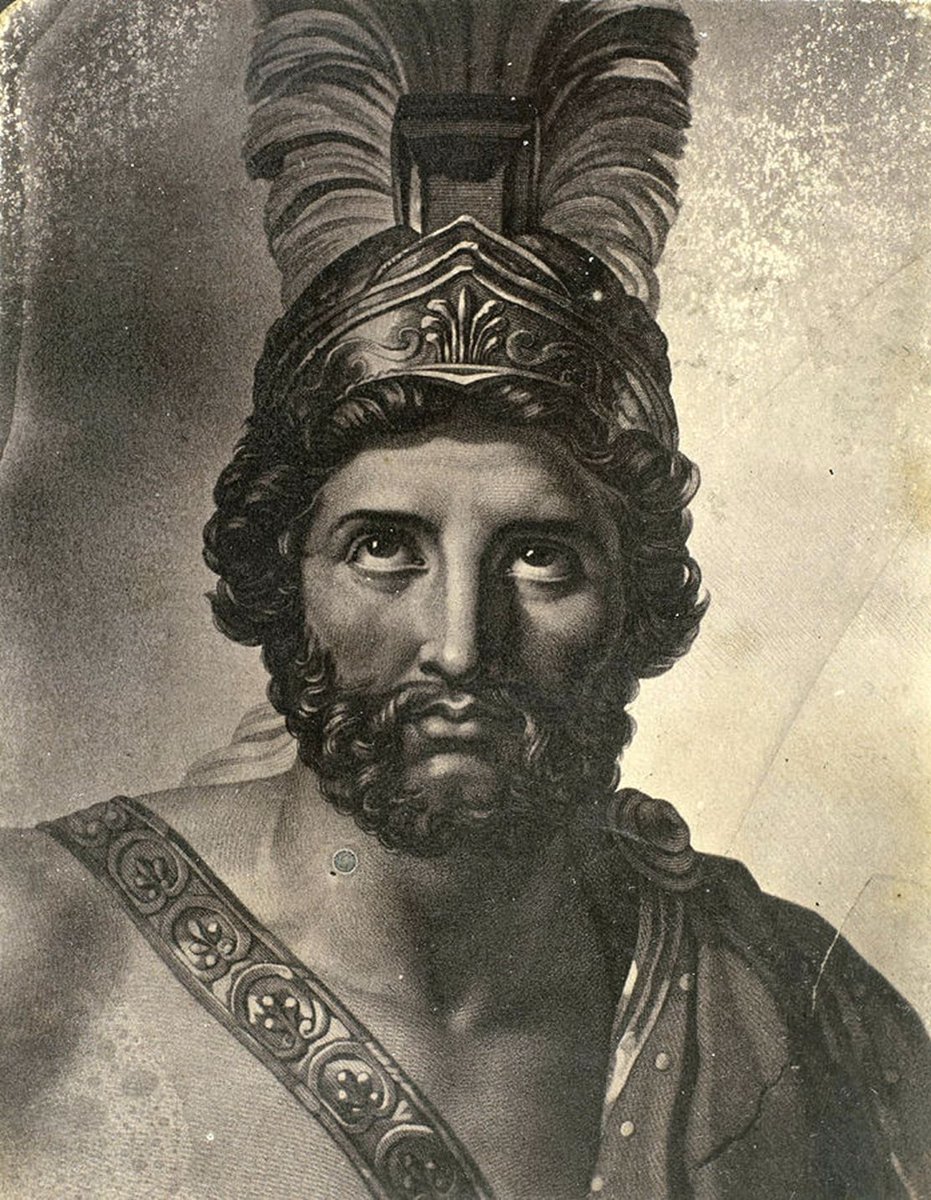
How to get URL link on X (Twitter) App

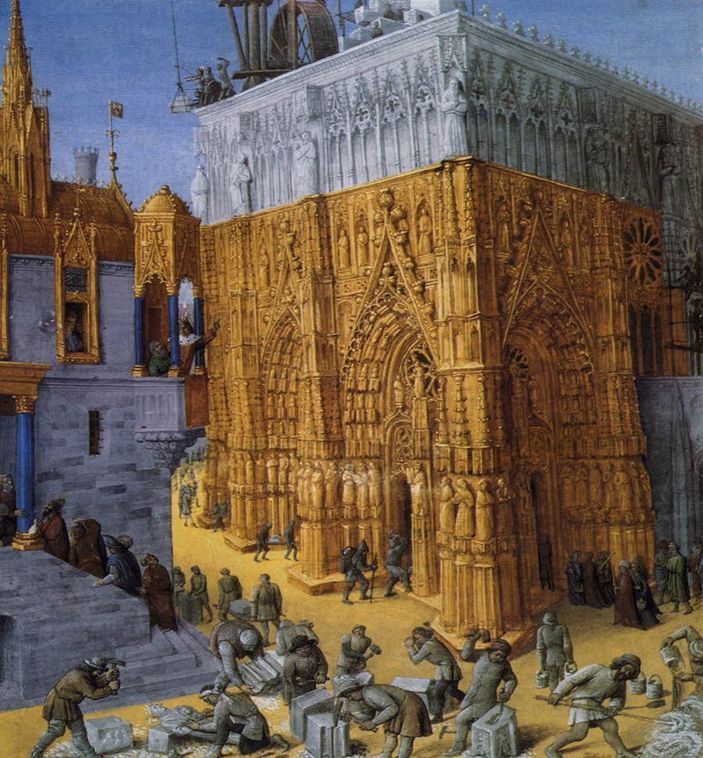
 In the 11th-13th centuries, unprecedented population growth and newfound wealth in northern Europe created a need for larger church buildings. The aging Romanesque-style churches were simply too small.
In the 11th-13th centuries, unprecedented population growth and newfound wealth in northern Europe created a need for larger church buildings. The aging Romanesque-style churches were simply too small. 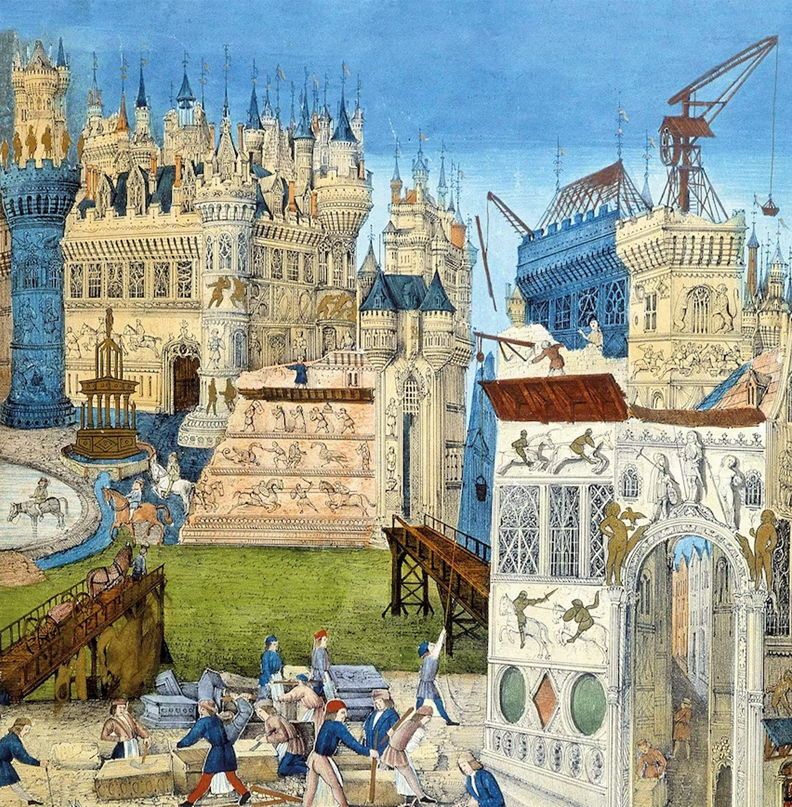
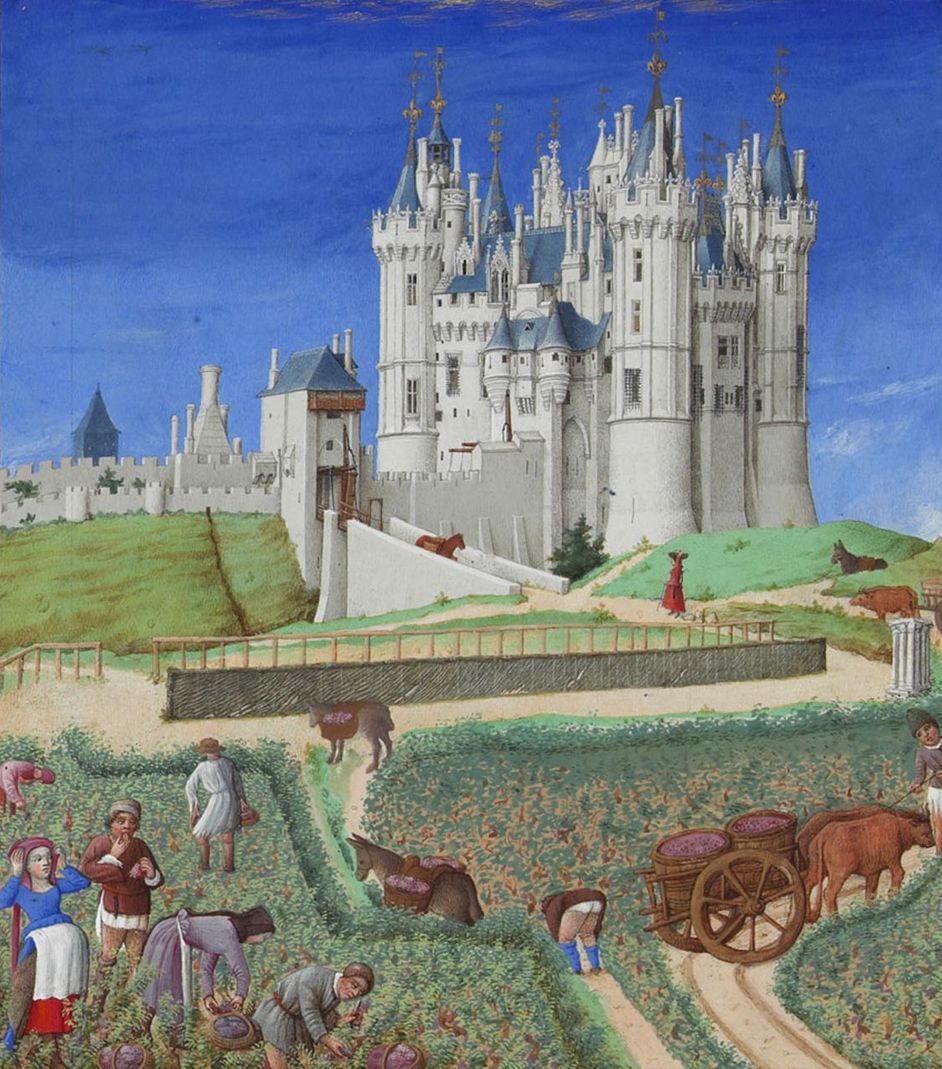
 After the breakdown of the Western Roman Empire in the 5th and 6th centuries, society went through a restructuring. The political and social infrastructure provided by Rome ceased to function, creating a power vacuum that needed to be filled.
After the breakdown of the Western Roman Empire in the 5th and 6th centuries, society went through a restructuring. The political and social infrastructure provided by Rome ceased to function, creating a power vacuum that needed to be filled. 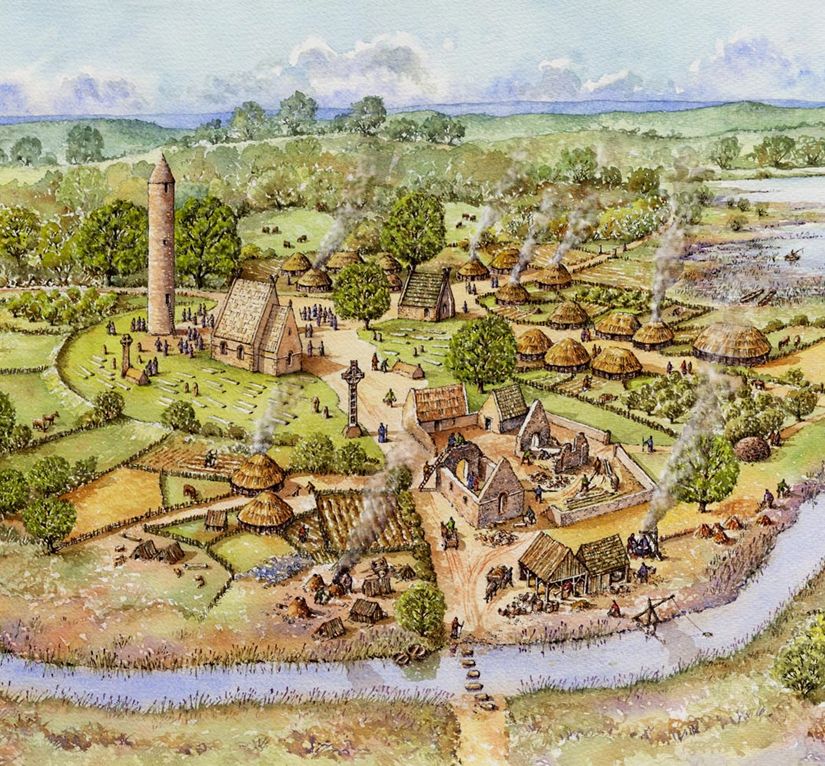
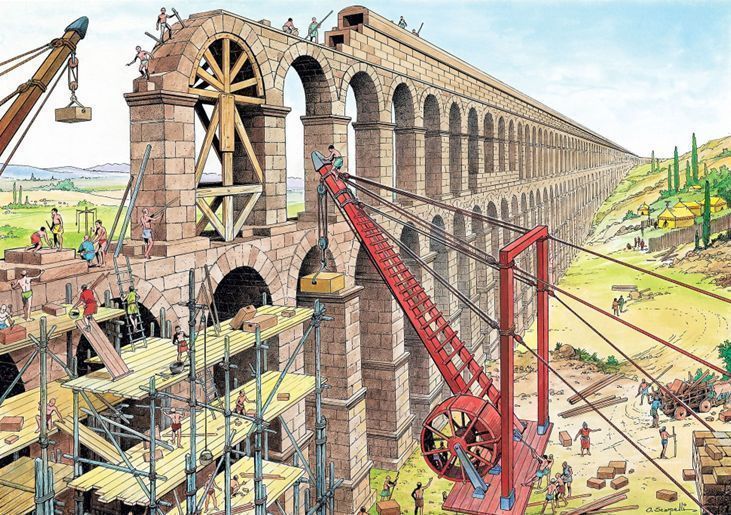
 Rome’s aqueducts had humble origins, much like the city itself.
Rome’s aqueducts had humble origins, much like the city itself.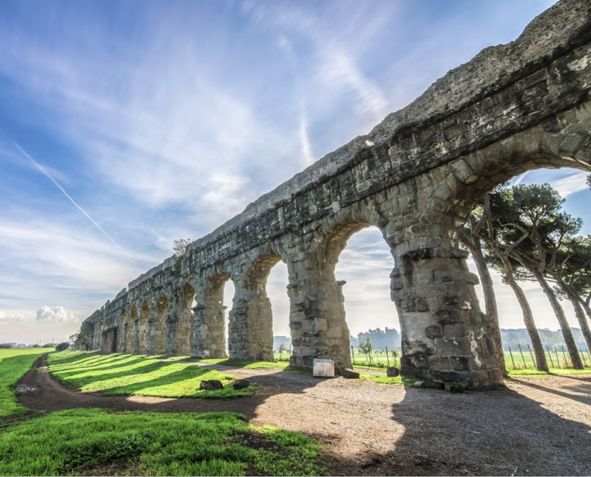

 12. Enchiridion, Epictetus
12. Enchiridion, Epictetus

 The plan of a cathedral is cruciform in shape and is usually oriented eastward—ad orientum. Worshippers face the rising sun, a daily reminder of Christ’s resurrection.
The plan of a cathedral is cruciform in shape and is usually oriented eastward—ad orientum. Worshippers face the rising sun, a daily reminder of Christ’s resurrection.
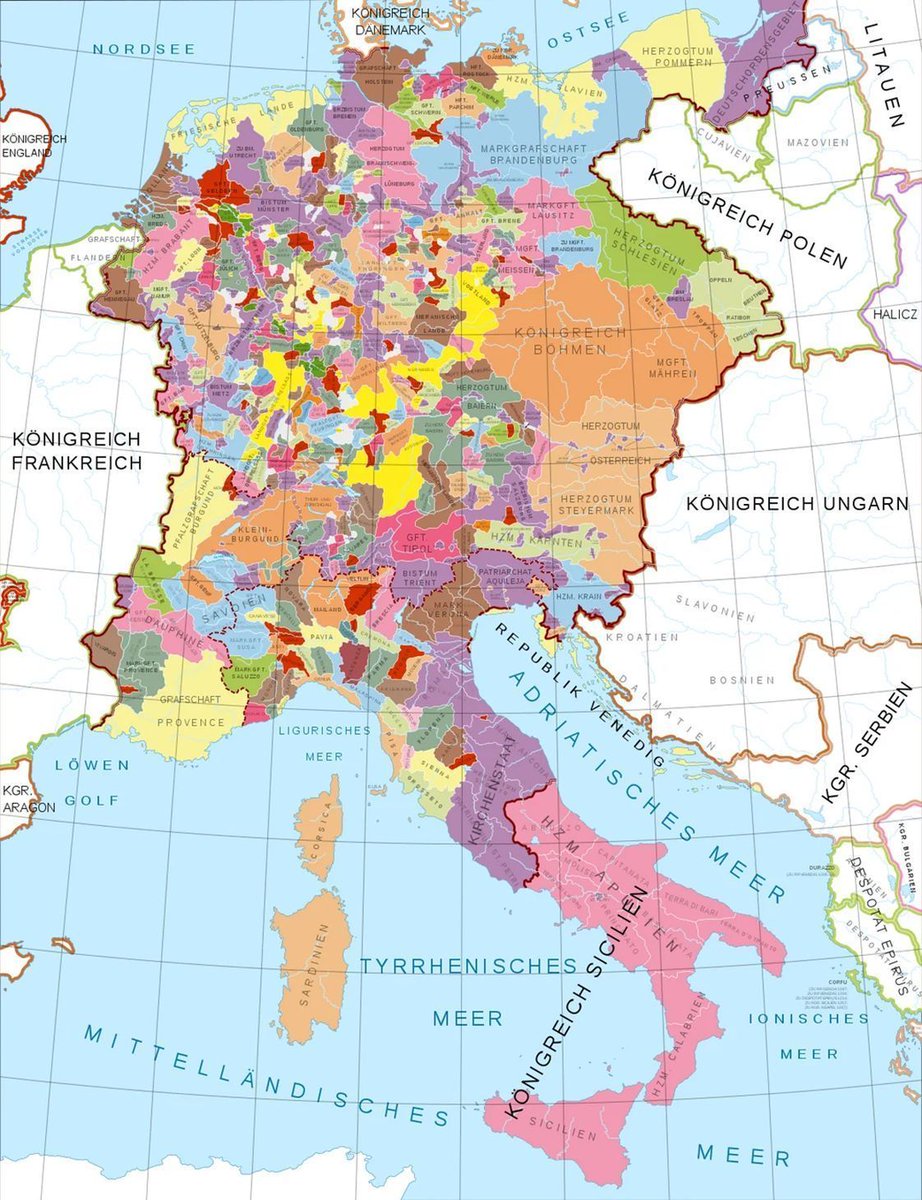
 Voltaire famously derided the Holy Roman Empire (HRE) as “neither Holy, nor Roman, nor an Empire”, but what couldn't be denied was its longevity.
Voltaire famously derided the Holy Roman Empire (HRE) as “neither Holy, nor Roman, nor an Empire”, but what couldn't be denied was its longevity. 


 1. The Didache, Anonymous, 1st cent.
1. The Didache, Anonymous, 1st cent.
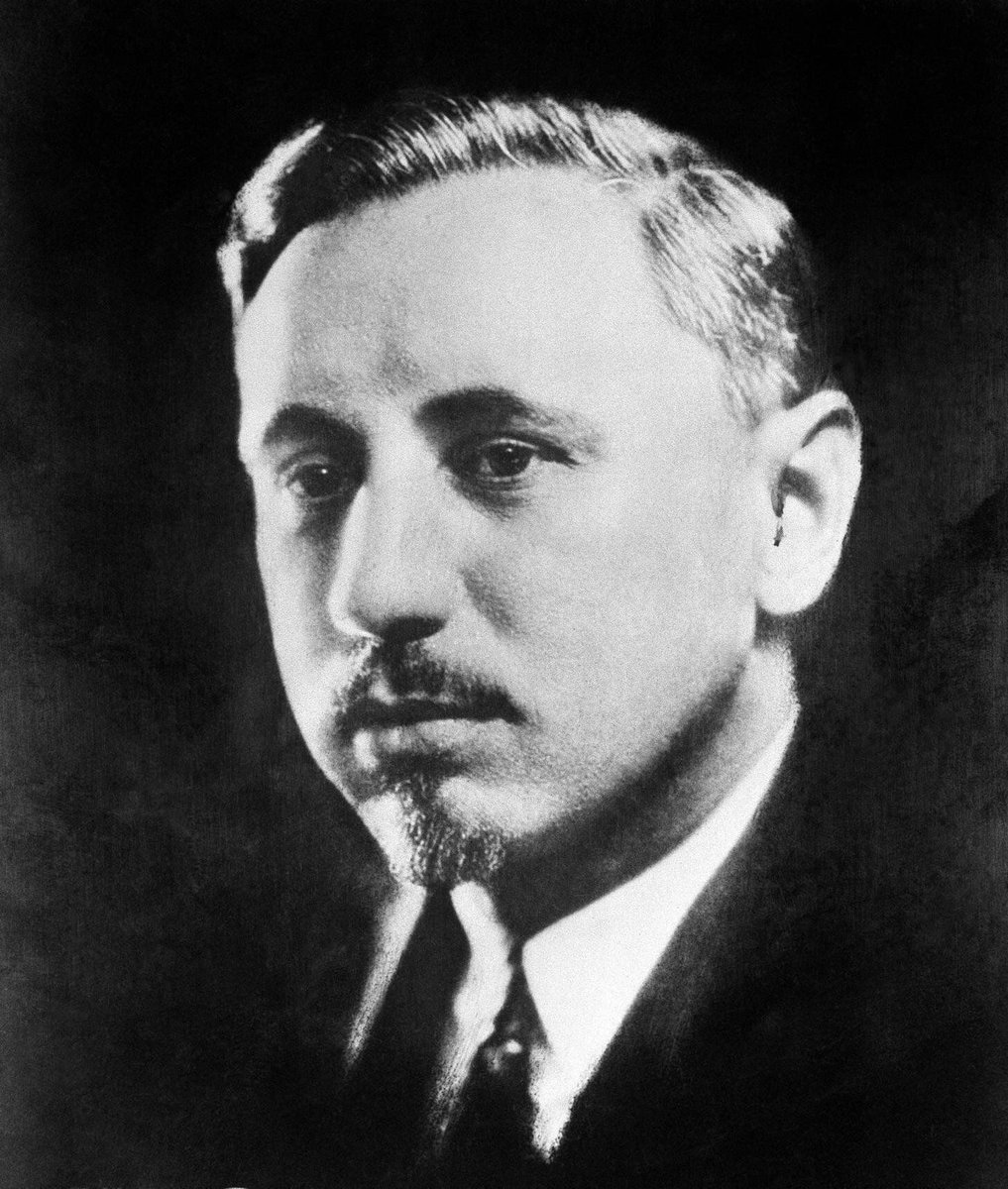
 Will Durant was a 20th-century American historian and philosopher most known for his 11-volume “Story of Civilization,” telling the history of both eastern and western civilizations.
Will Durant was a 20th-century American historian and philosopher most known for his 11-volume “Story of Civilization,” telling the history of both eastern and western civilizations. 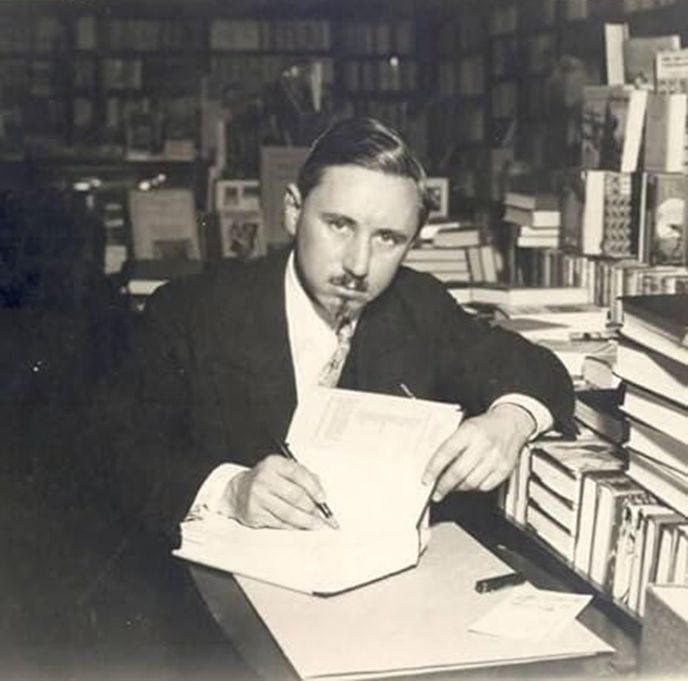

 The first enemy is fear:
The first enemy is fear: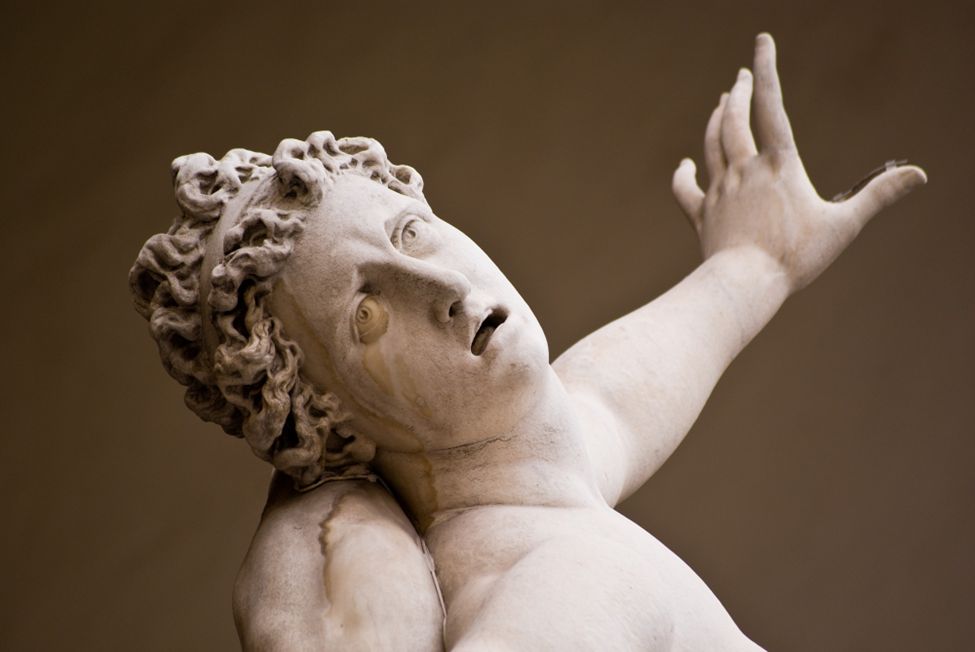

 Niccolò Machiavelli was a 15-16th century Florentine diplomat, philosopher, and author who’s best known for his political masterpiece “The Prince”.
Niccolò Machiavelli was a 15-16th century Florentine diplomat, philosopher, and author who’s best known for his political masterpiece “The Prince”. 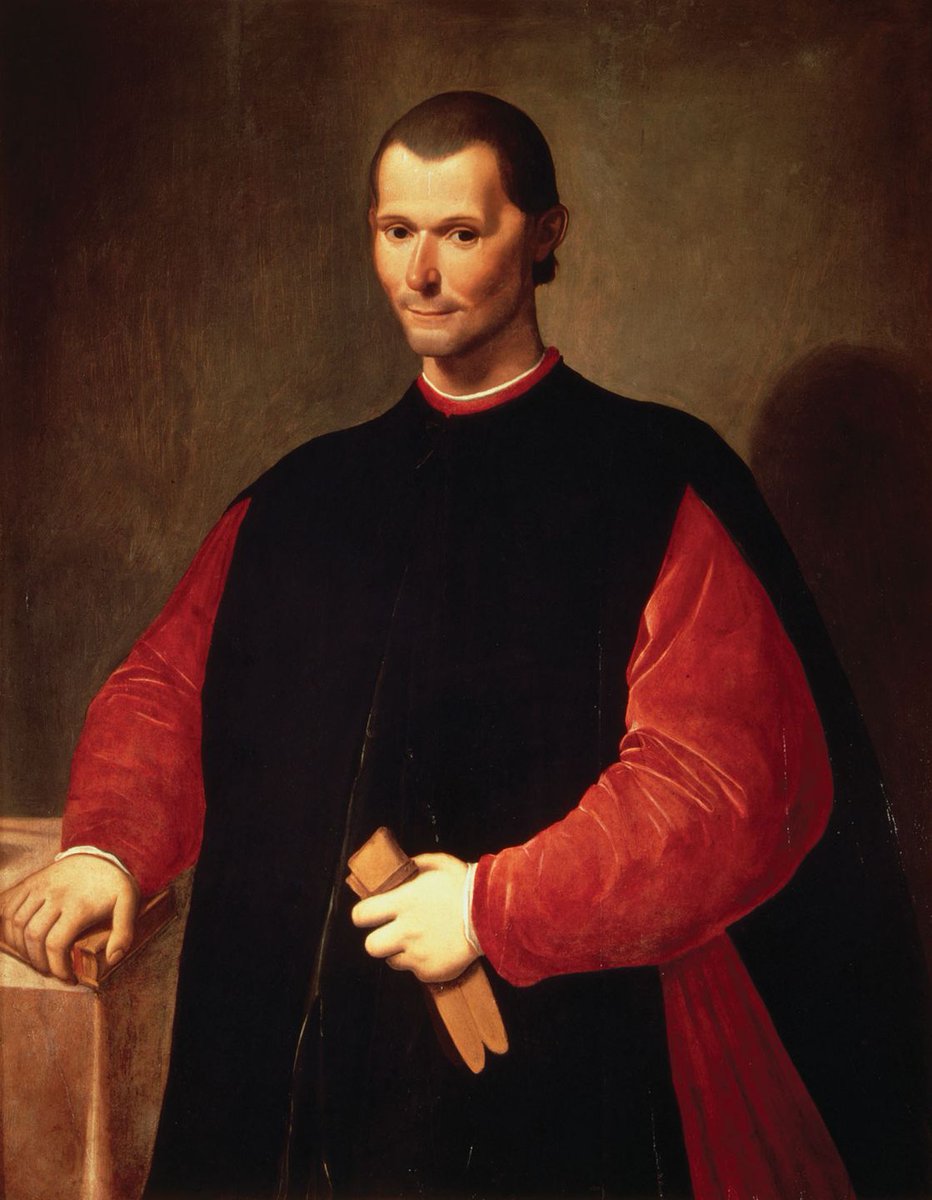

 Sir John Bagot Glubb was a British soldier and author who served as the commanding general for Transjordan's Arab Legion from 1939 to 1956.
Sir John Bagot Glubb was a British soldier and author who served as the commanding general for Transjordan's Arab Legion from 1939 to 1956. 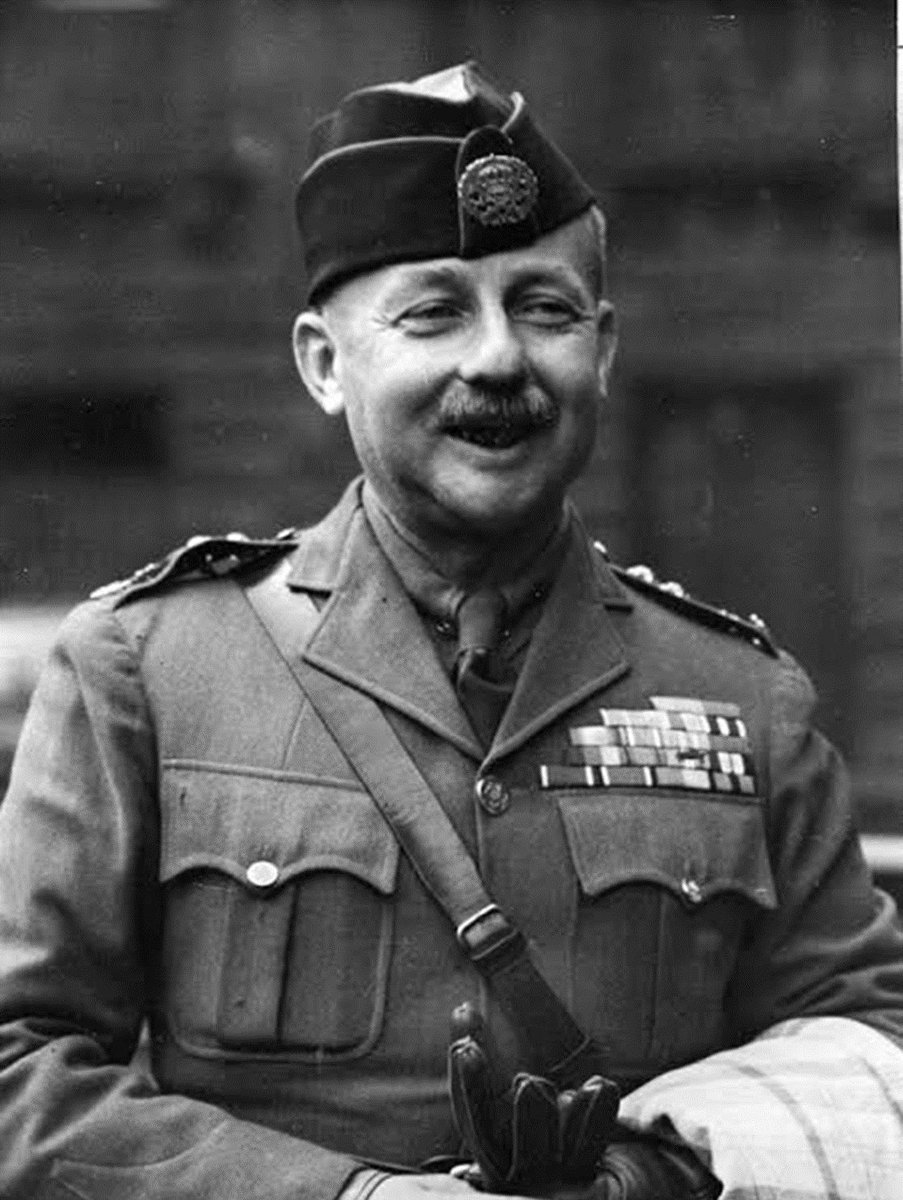

 The East India Company's origins started with famed explorer Francis Drake.
The East India Company's origins started with famed explorer Francis Drake. 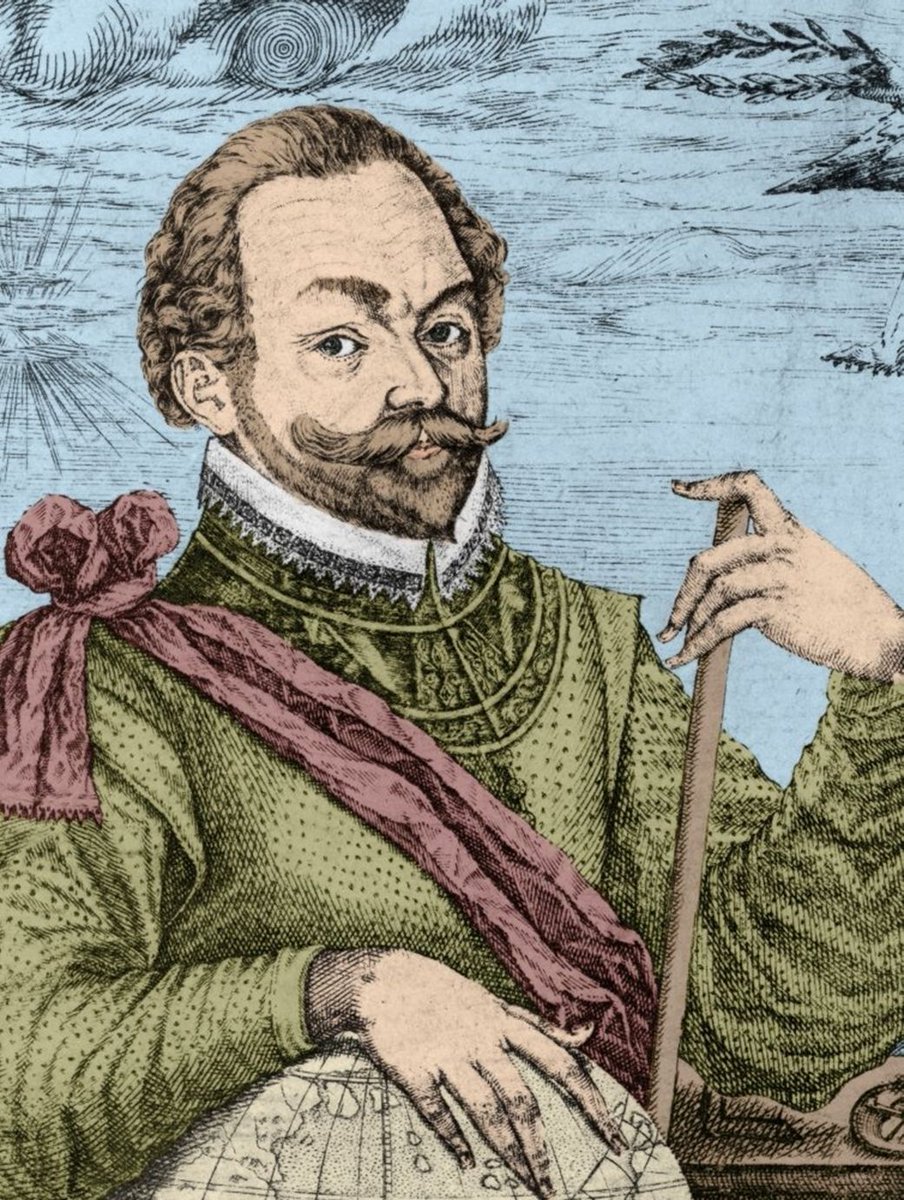
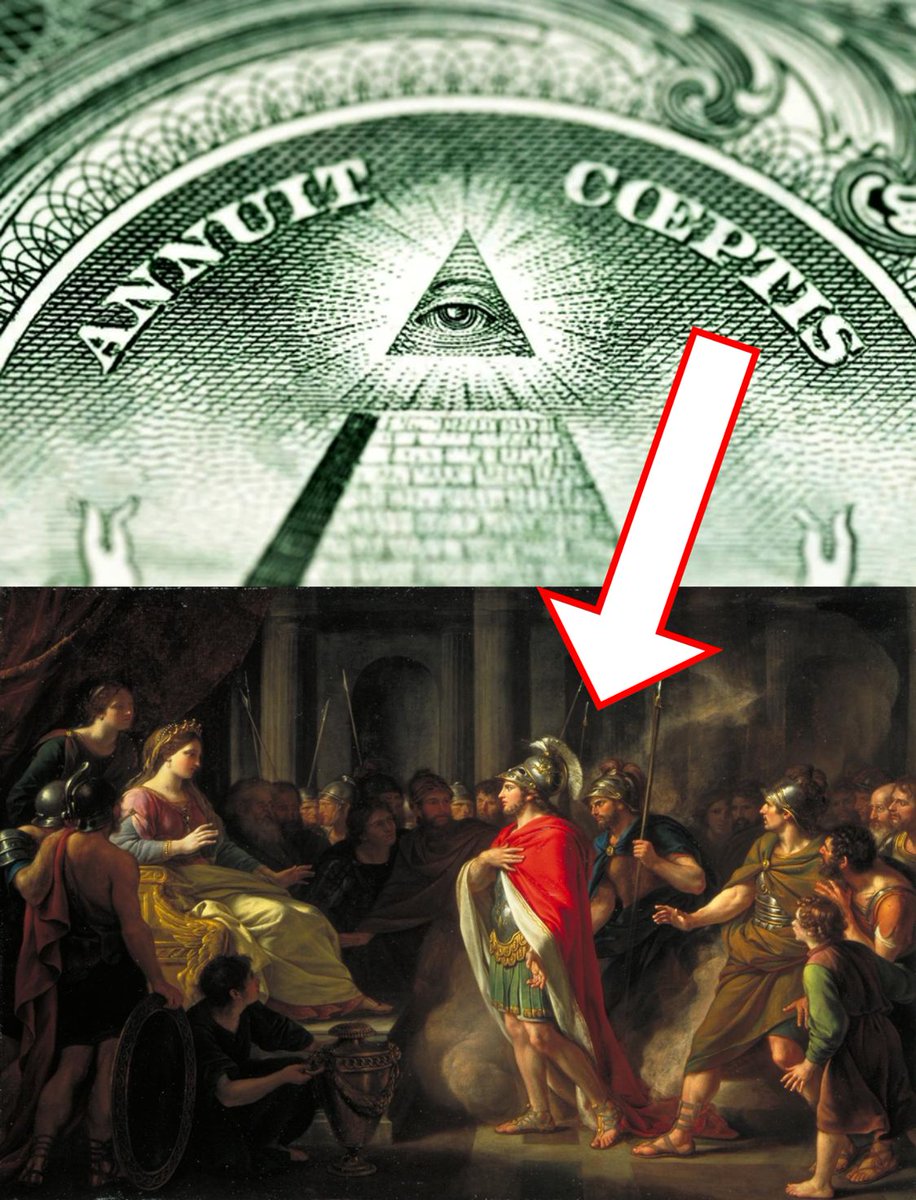
 To understand how America adopted a Roman mentality, we first need to explore the idea of “Roman exceptionalism.”
To understand how America adopted a Roman mentality, we first need to explore the idea of “Roman exceptionalism.”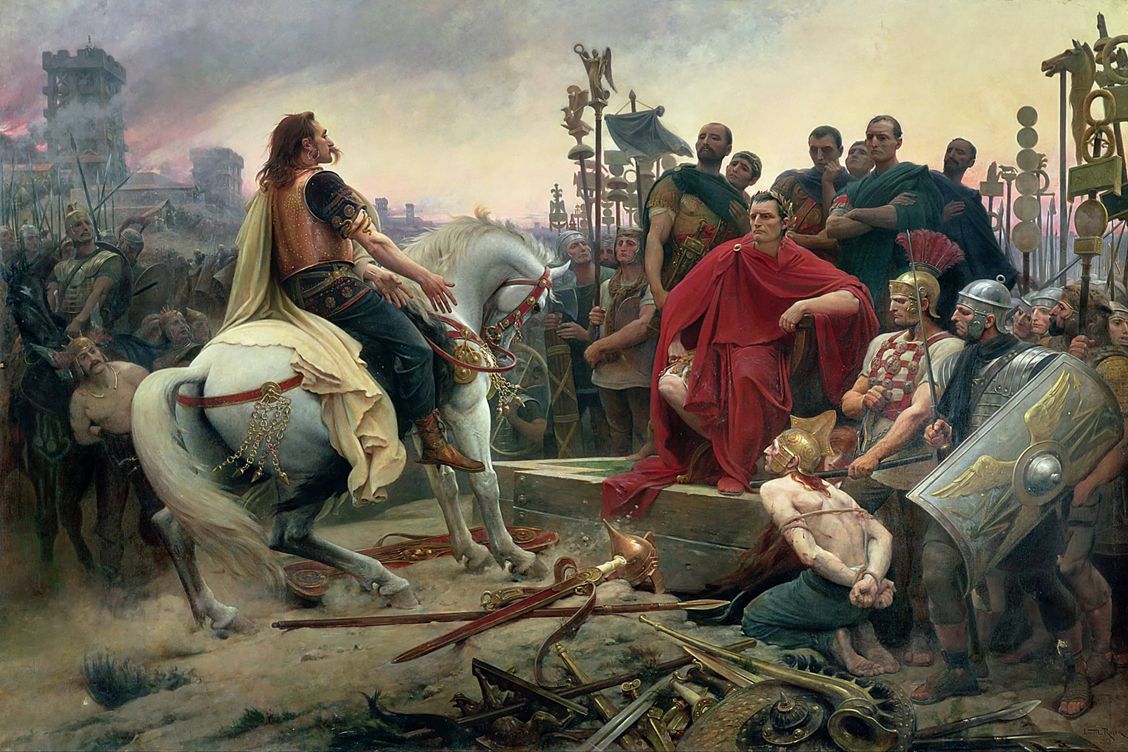
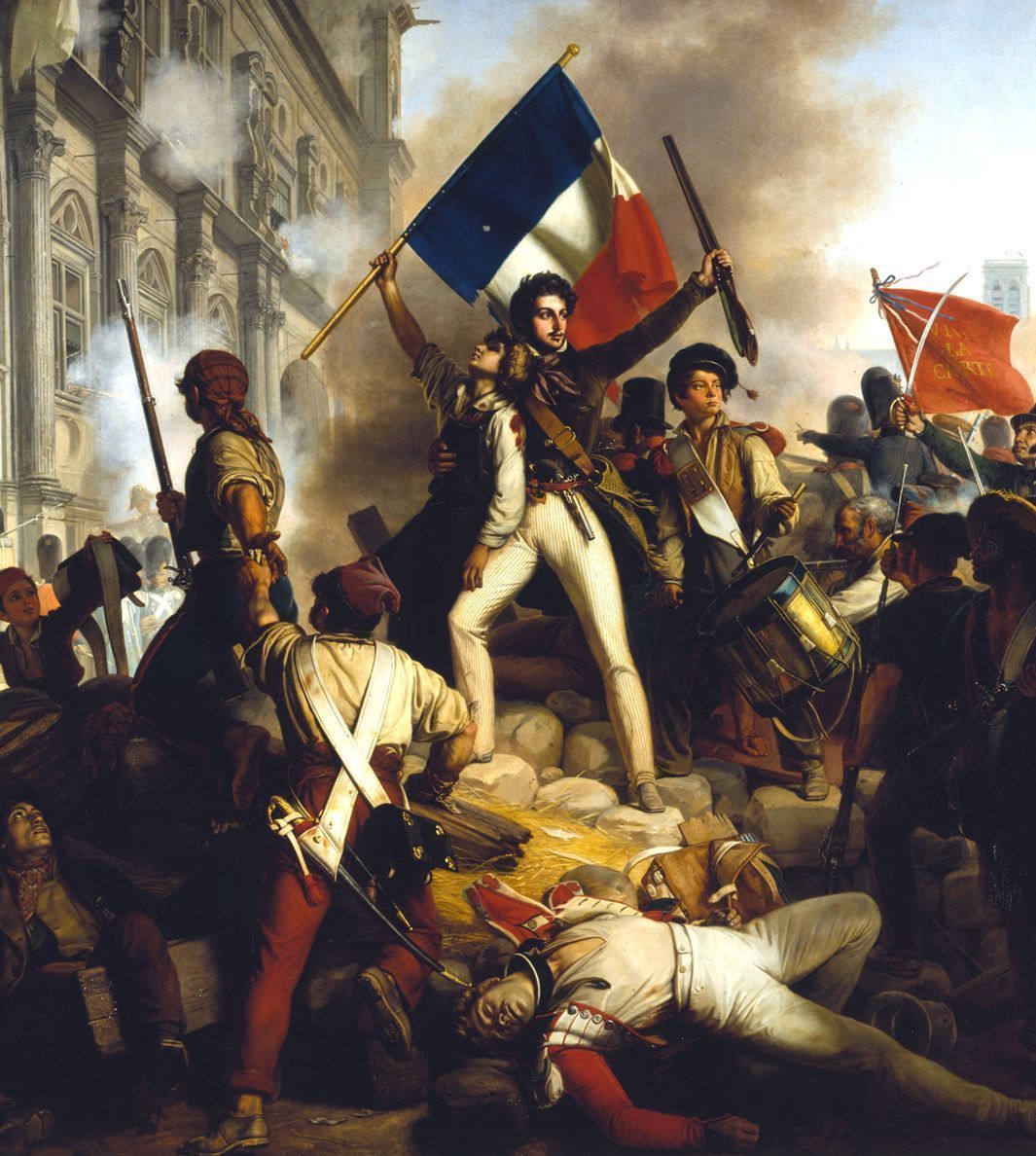
 Before the revolution, France and Catholicism were inseparable.
Before the revolution, France and Catholicism were inseparable. 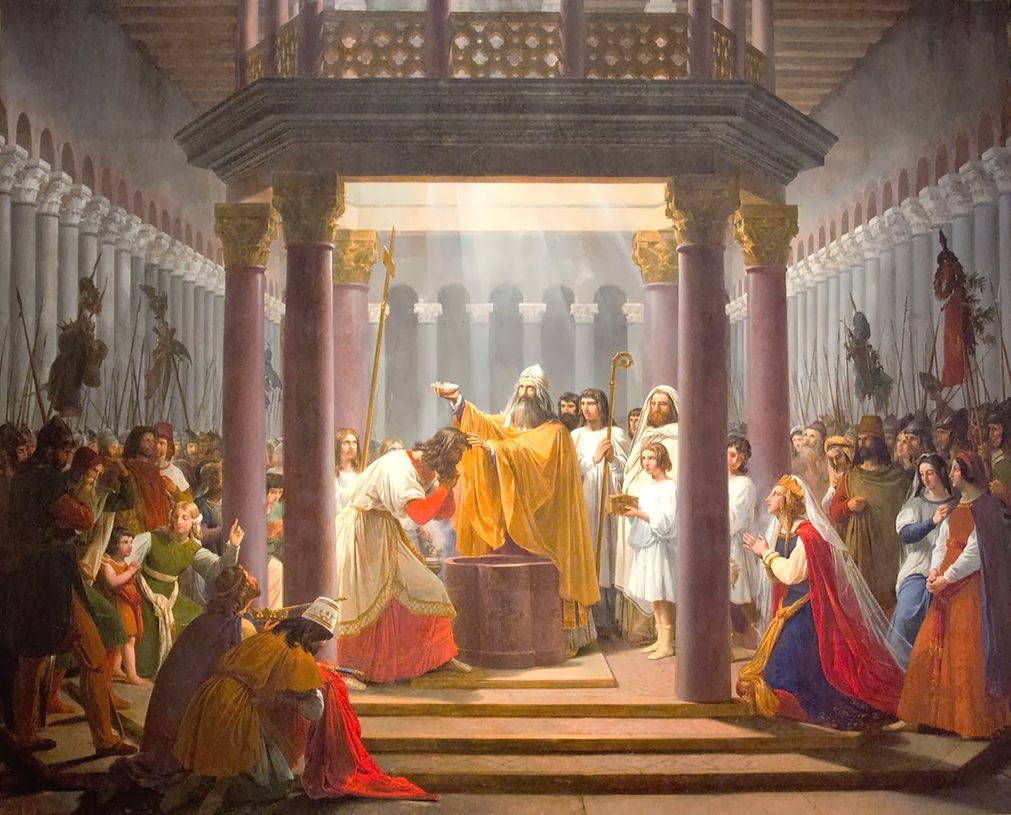

 Alexander’s body wasn’t always missing. We know that figures like Julius Caesar, Cleopatra, and Augustus visited his tomb in Alexandria during the 1st century BC.
Alexander’s body wasn’t always missing. We know that figures like Julius Caesar, Cleopatra, and Augustus visited his tomb in Alexandria during the 1st century BC. 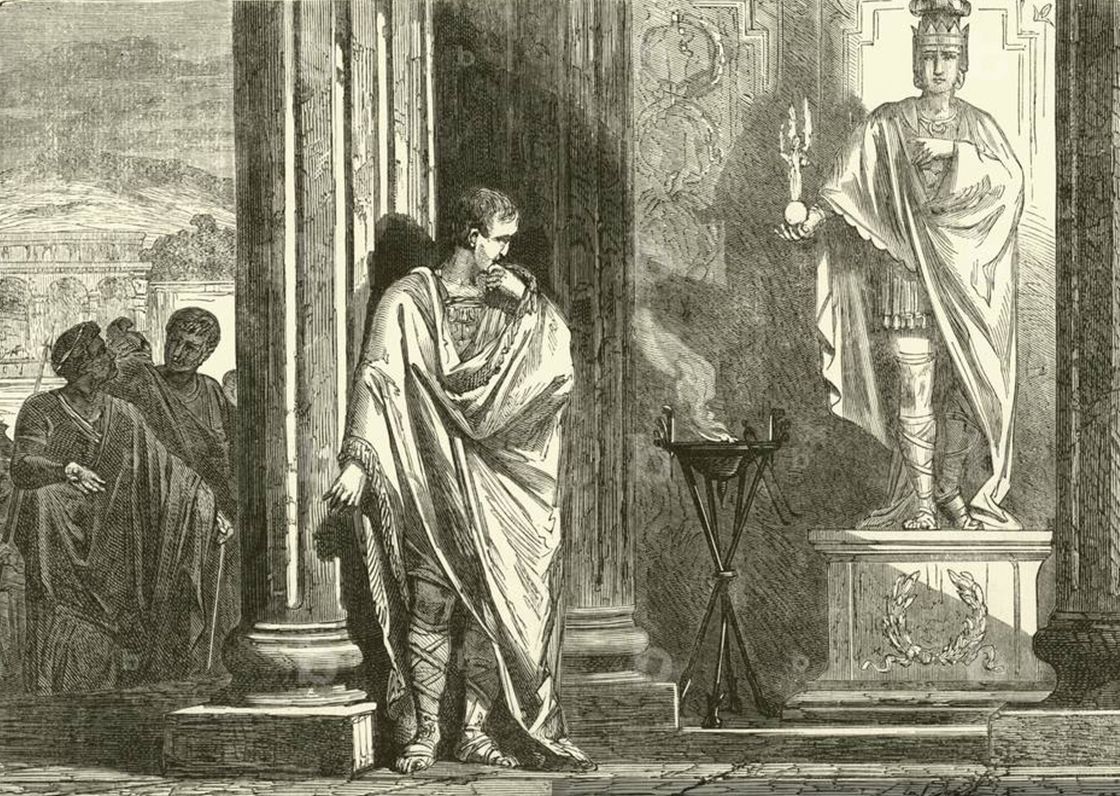
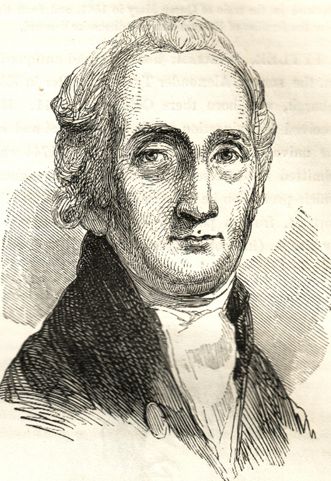

 Tytler was a Scottish judge, writer, and Professor of Universal History as well as Greek and Roman Antiquities at the University of Edinburgh.
Tytler was a Scottish judge, writer, and Professor of Universal History as well as Greek and Roman Antiquities at the University of Edinburgh.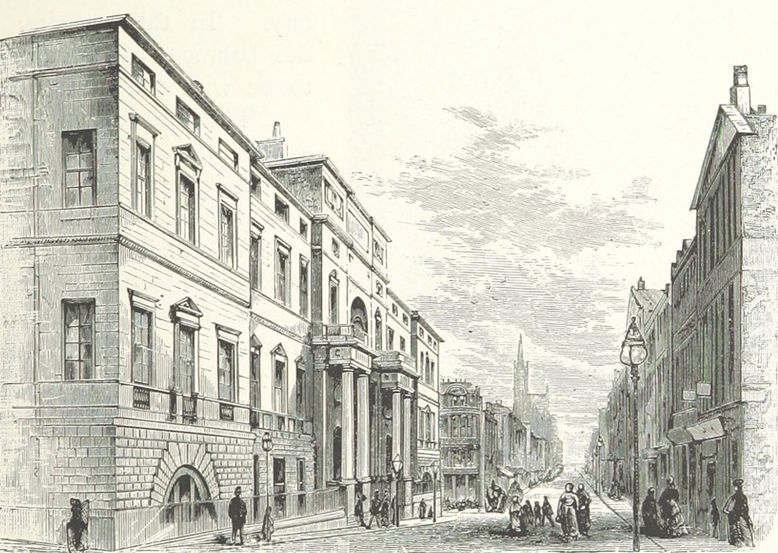

 Supposedly first introduced to Europe during the siege of Caffa in 1347, the disease was likely carried by fleas that hitched rides on Genoese ships sailing around the Mediterranean.
Supposedly first introduced to Europe during the siege of Caffa in 1347, the disease was likely carried by fleas that hitched rides on Genoese ships sailing around the Mediterranean.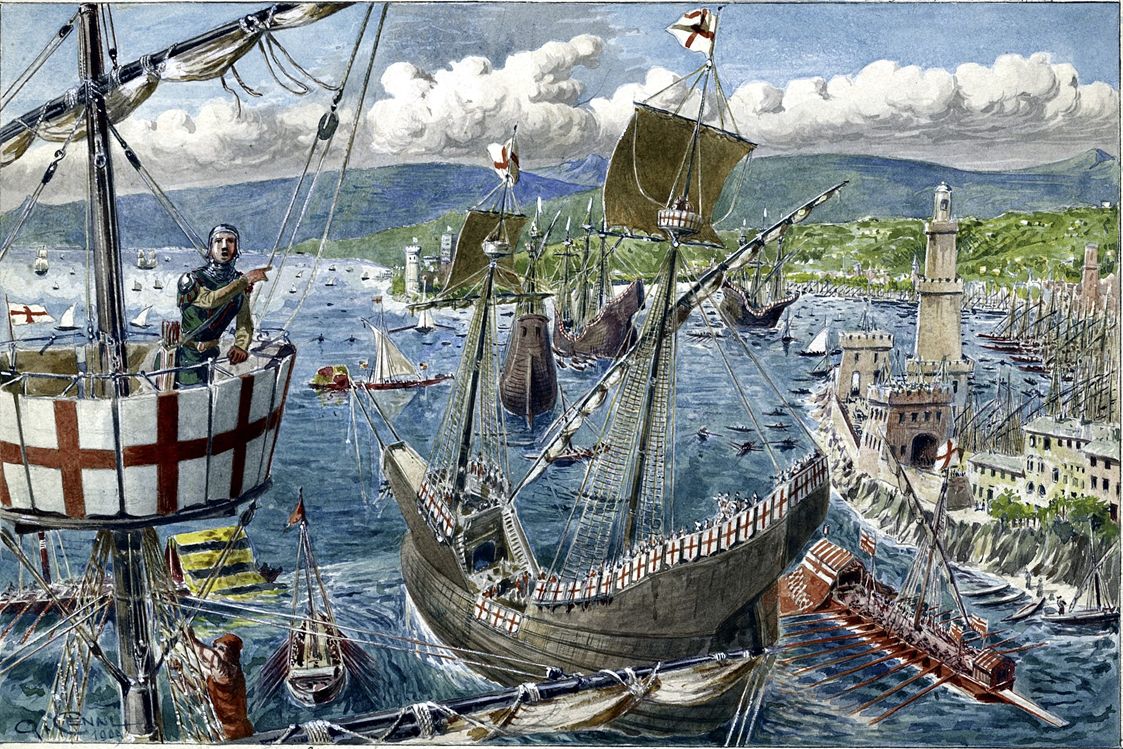
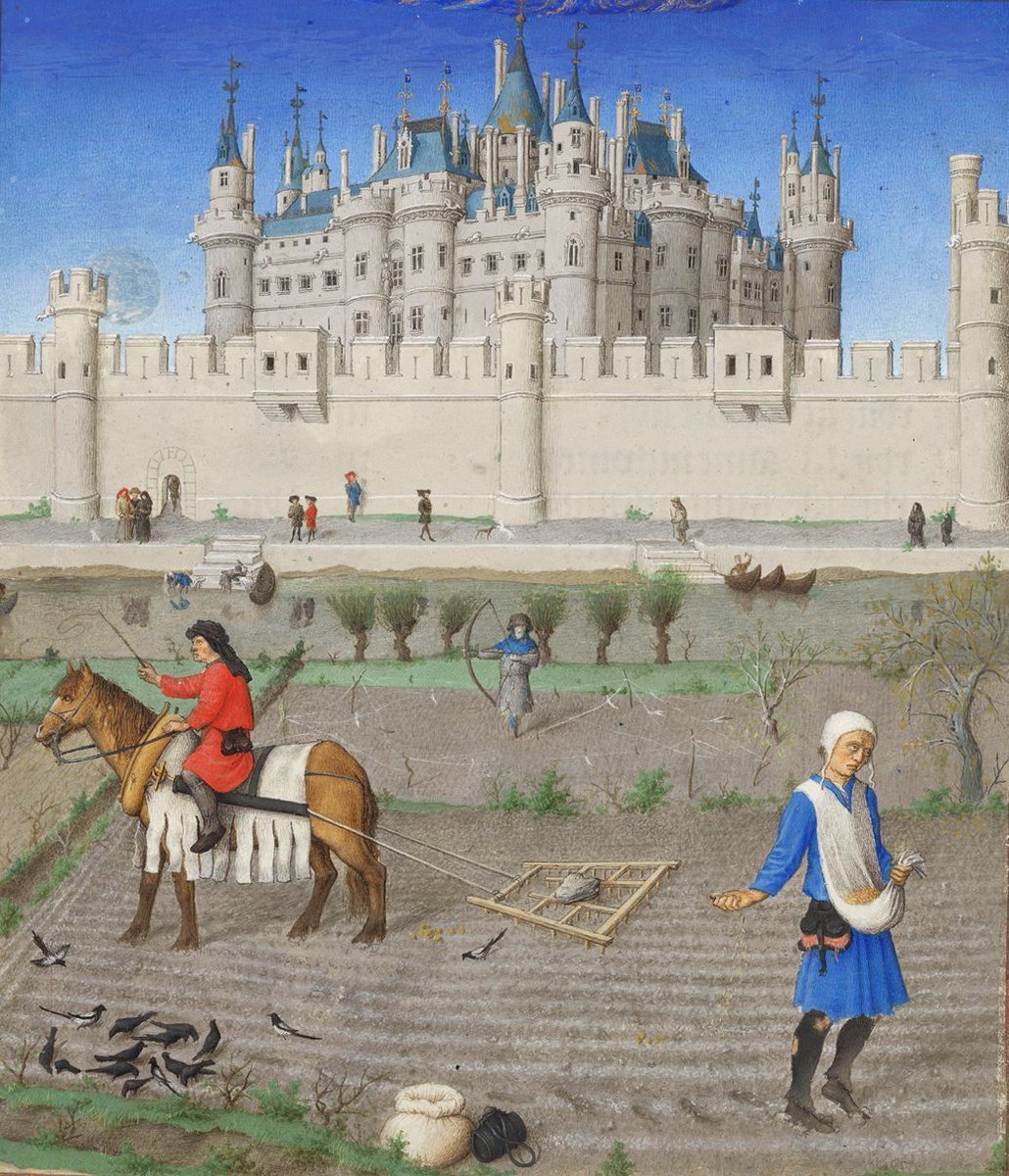
 Even compared to the glorified Roman Empire, the average “Dark Age” peasant likely saw lower taxes, more freedom, and a weaker ruling class under the Manorial system—a type of Feudalism where peasants worked the land under a lord.
Even compared to the glorified Roman Empire, the average “Dark Age” peasant likely saw lower taxes, more freedom, and a weaker ruling class under the Manorial system—a type of Feudalism where peasants worked the land under a lord. 
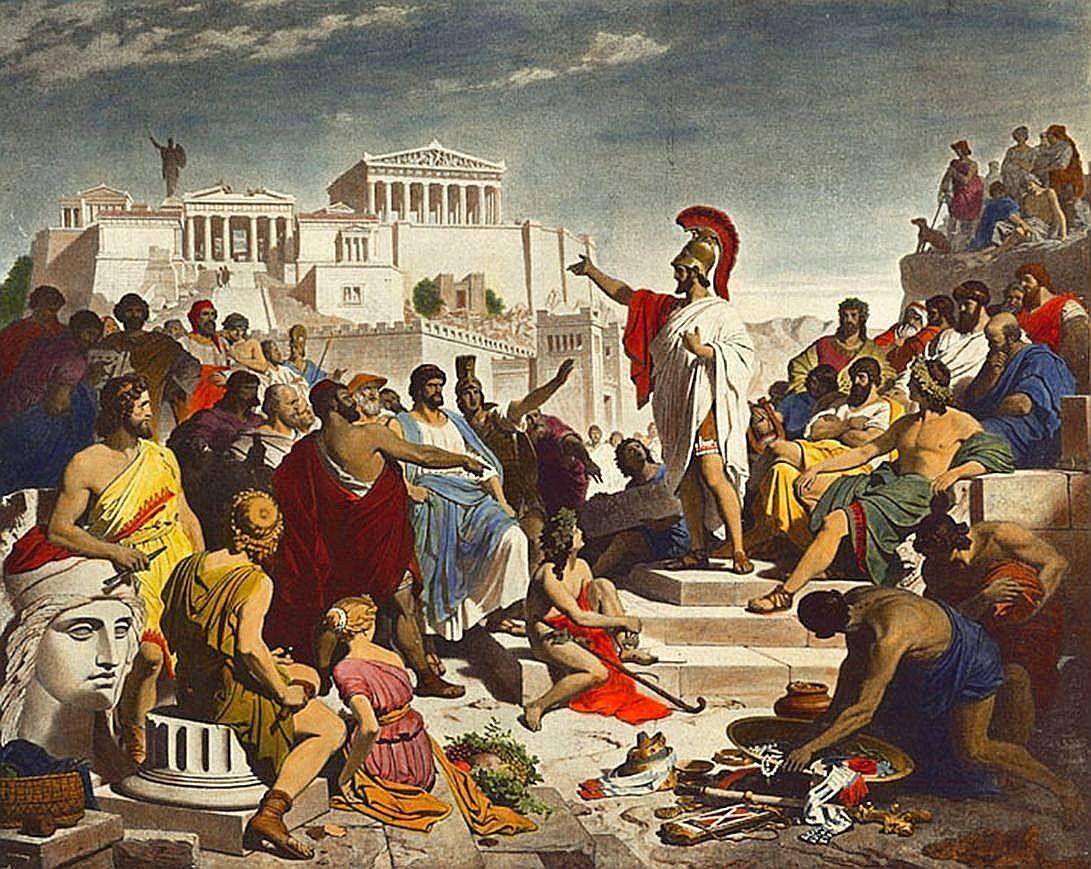
 Greek philosopher Plato believed the existing forms of government were flawed, critiquing them in his famous work the “Republic.”
Greek philosopher Plato believed the existing forms of government were flawed, critiquing them in his famous work the “Republic.” 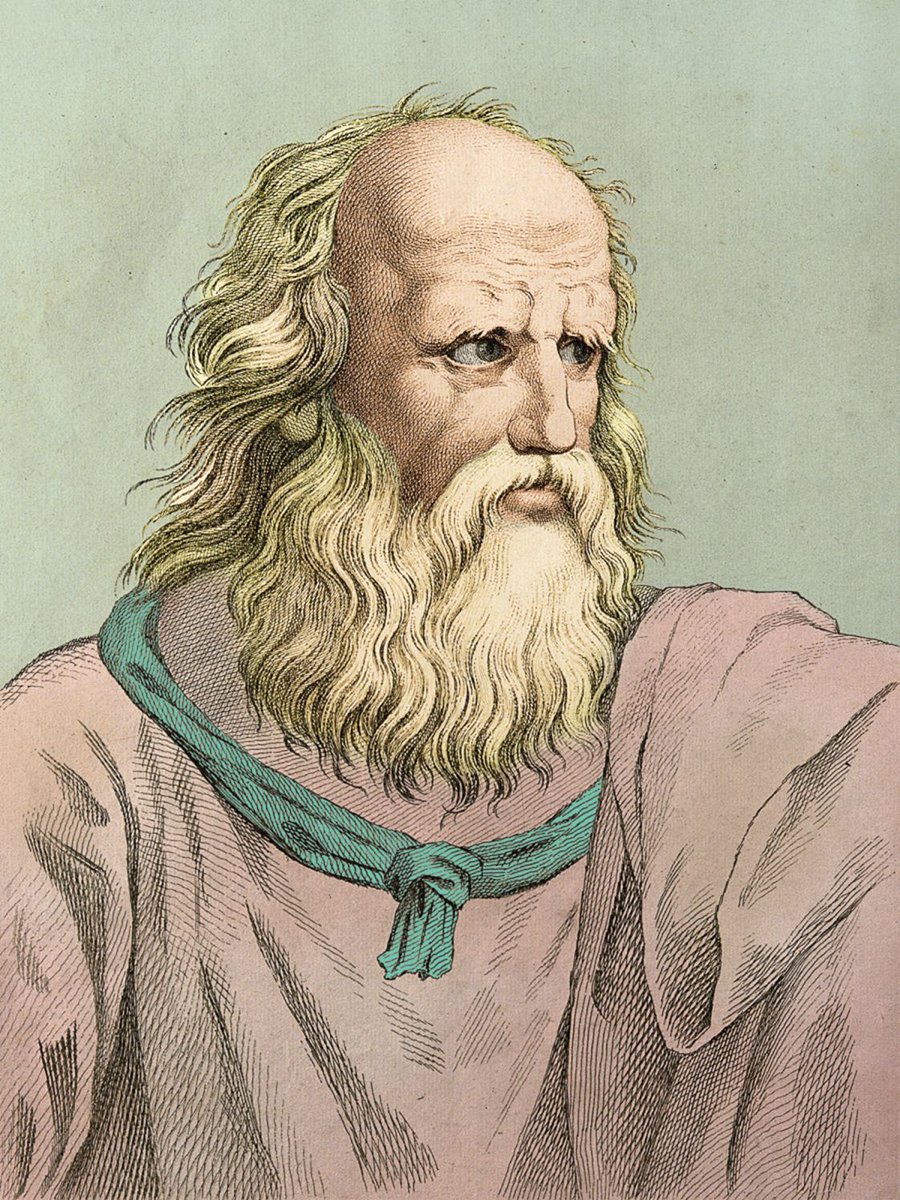
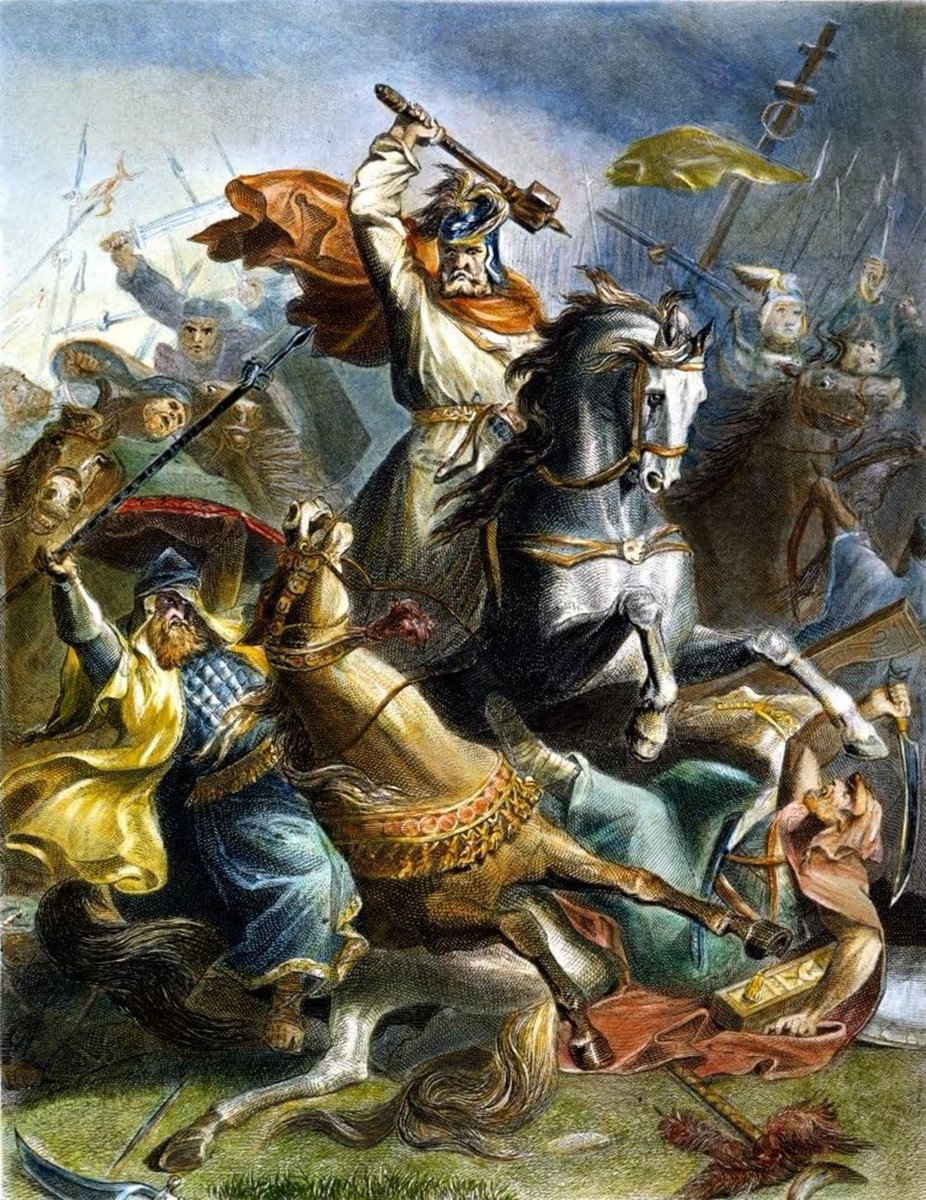
 Born an illegitimate son to Pepin of Herstal, ruler of a few Frankish territories, Charles (c. 688–741 AD) enjoyed the youth of an aristocratic warrior, but was never expected to inherit his father’s rule.
Born an illegitimate son to Pepin of Herstal, ruler of a few Frankish territories, Charles (c. 688–741 AD) enjoyed the youth of an aristocratic warrior, but was never expected to inherit his father’s rule. 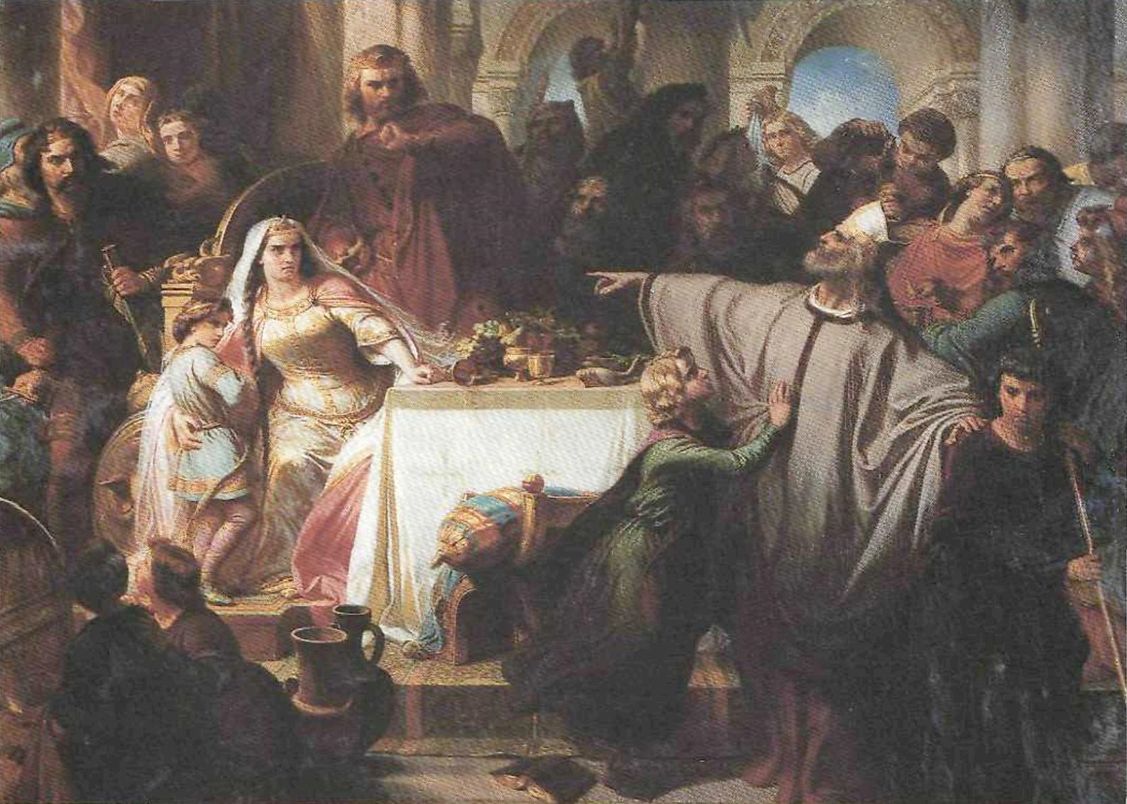
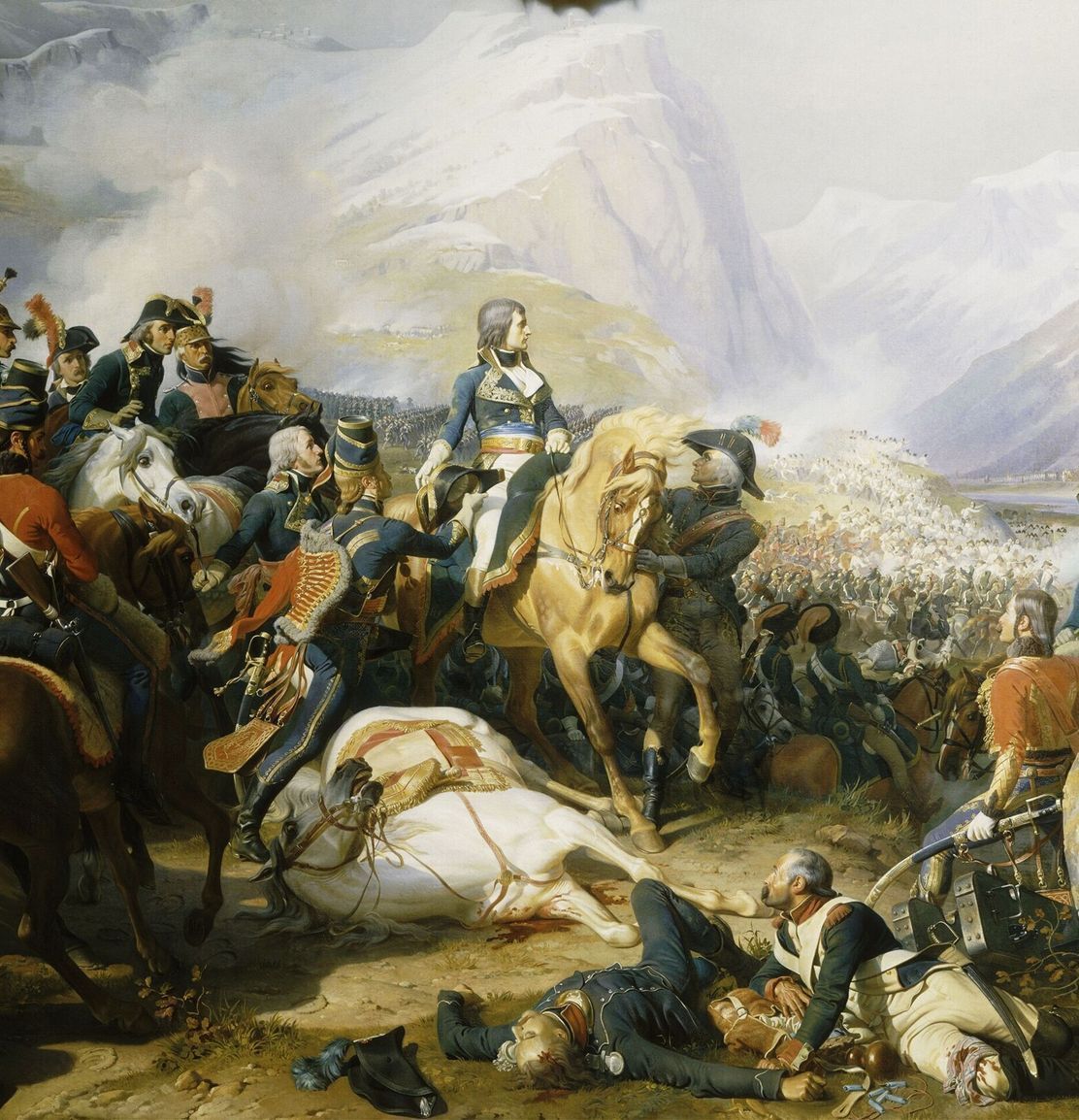
 1. Leonidas
1. Leonidas